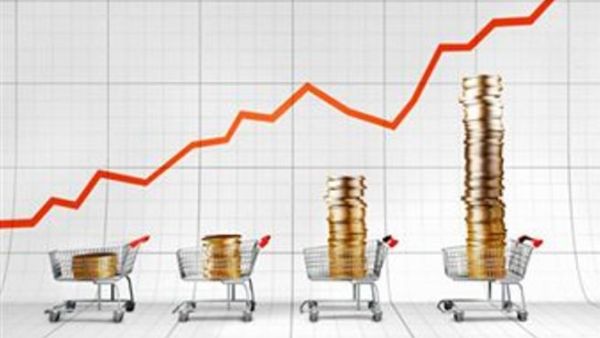The Central Administration of Statistics reported Monday that the price index continued to rise on a monthly basis although this surge remained well below the estimates of consumer groups and NGOs.
According to CAS, which is under the jurisdiction of the prime minister’s office, the consumer price index between October and September 2011 went up by 0.7 percent. However, CAS noted that the accumulated increase in the prices of consumer products from December 2007 to October 2011 reached 17 percent. It added that prices of commodities rose by 3.5 percent in less than a year. CAS said that the prices of food stuffs and nonalcoholic beverages have jumped by 29.4 percent since the beginning of 2008.
Alcohol and tobacco rose by 9.3 percent in the same reporting period. However, independent consumer groups and NGOs contradict these figures and claim that CAS is deliberately giving lower inflation figures to discourage labor unions and political parties from demanding higher wages that could be beyond the means of the government and private sector.
CAS insists that their calculations are scientific and transparent, adding that they constantly survey and assess the prices of the main items. CAS includes prices of food, beverages, clothes, residential rents, water, electricity and gasoline in their price basket. It also adds the cost of health, transportation, telecommunication, leisure and education. Consumer Lebanon for example said that prices of basic commodities have risen by more than 18 percent in the first seven months of this year.
The group, which issues its price index on a regular basis, earlier said that inflation is well above the 6 percent ceiling which was set by the Central Bank this year.
The prices of commodities have risen significantly in the past four months as news emerged that the Finance Ministry intends to increase the value added tax from 10 to 12 percent.
Consumer groups also believe that the Economy Ministry is not clamping down on merchants and traders who manipulate prices. The surge in prices of basic commodities have induced the General Labor Confederation and other labor unions to demand raising the minimum wage from LL500,000 to LL950,000 per month. The Labor Ministry is currently negotiating with both the GLC and the private sector to reach another agreement on the minimum wage.
The private sector insists that any wage increase should be based on the studies of CAS and not any other independent body while the GLC wants the government to include the studies by Consumer Lebanon and other NGOs.








